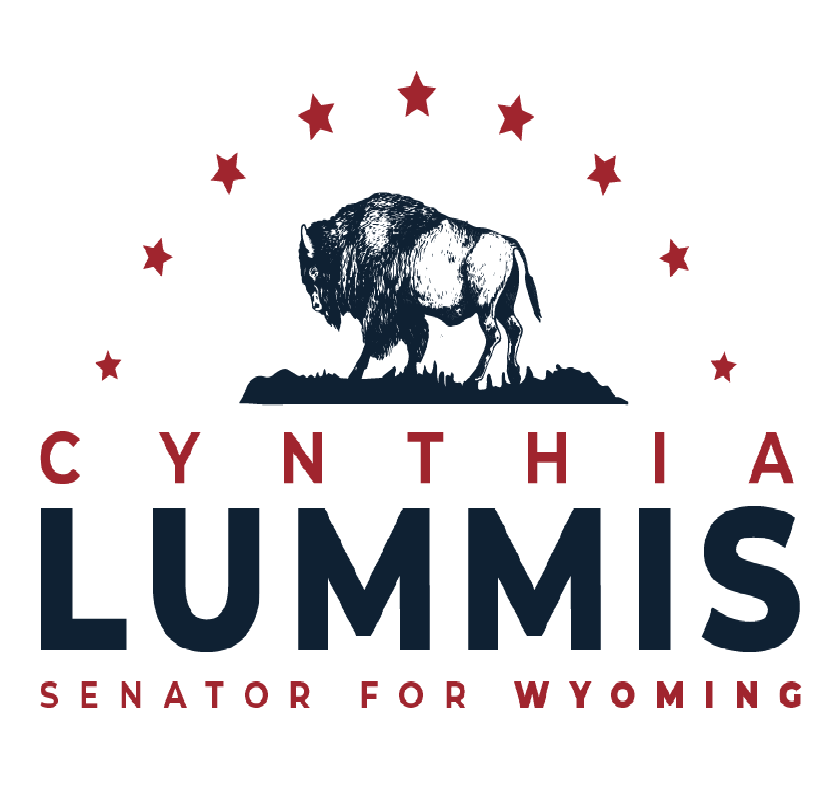Yellowstone & Wyoming Game and Fish Remind Boaters to Clean, Drain, Dry This Summer
Written by Andrew-Rossi on May 11, 2023
Boating and fishing season begins in Yellowstone National Park on Saturday, May 27, and ends Oct. 31. Boaters and anglers can protect Yellowstone’s waters by following clean, drain, and dry guidelines to prevent the spread of aquatic invasive species (AIS).
Clean, drain, and dry all boats, trailers, and equipment before arriving in the park to minimize the risk of introducing AIS into Yellowstone’s waters.
Watercraft equipped with sealed internal ballast tanks are banned from all park waters as inspections cannot always detect aquatic invaders in these boats. In addition, felt-soled footwear is banned because they can carry microscopic disease organisms even after cleaning.
Anyone traveling along Wyoming Highway 120 can access the new AIS check station, opening May 18 at the new Wyoming Game and Fish Department Regional office in Cody (2 Tilden Trail.)
Clean, Drain, Dry
- Clean all plants, animals, mud, sand, and other debris from your boat, anchor, boots, and equipment. Use high-pressure, hot (120-140F) water if possible.
- Drain all water from your boat, including the motor, bilge, livewell, and other compartments, before you arrive. Leave drain plugs out during transport. Do not move water or organisms from one water body into another.
- Dry all compartments and equipment in the sun for five days.
Clean, drain, and dry requirements are critical to protecting the park’s and the nation’s waterways.
Aquatic Invasive Species
Aquatic invasive species (AIS) and nonnative organisms pose a grave and growing threat to Yellowstone National Park, the Greater Yellowstone Ecosystem, and all of Wyoming.
AIS can quickly and drastically transform habitats and food chains, causing permanent declines in fish and food resources for native wildlife. Therefore, preventing the introduction of AIS is critical as eradication is costly and usually impossible.
Growing Threats
Dreissenid Mussels, including Zebra and Quagga Mussels, are among the world’s most harmful invasive species, with large and widespread ecological and economic effects. If Zebra or Quagga mussels are found in Yellowstone, park waters may close to all watercraft to prevent the spread to other waterways.
Yellowstone National Park straddles the Continental Divide, and headwaters that flow from the park drain to the Pacific and Atlantic oceans. Invasion of park waters by invasive mussels would have devastating effects on the park’s thriving and diverse aquatic ecosystem and detrimental impacts on recreation, waterways, and communities downstream.
There have been close calls recently. In June 2021, quagga mussels were found during a routine boat inspection at Grant Village. Thankfully, a park aquatic invasive species (AIS) inspector prevented the contaminated boat from launching into Yellowstone Lake.
People are encouraged to report violations and potential discoveries of AIS. In addition, the park will continue efforts to develop an AIS Management Plan and Rapid Response Framework.
Permits and Inspections
Watercraft and angler float tubes must have a Yellowstone National Park AIS inspection and permit before launching in park waters. Permits and inspections are available for purchase 8 a.m. to 4:30 p.m. seven days per week during the summer season at the following locations:
Motorized and non-motorized watercraft (including angler float tubes and paddle boards)
- Bridge Bay Ranger Station
- Grant Marina
- Lewis Lake Ranger Station
Angler float tubes only
- West Yellowstone Visitor Information Center
- Bechler Ranger Station
- Mammoth Backcountry Office
- Northeast Entrance Station
- Grant Backcountry Office
Beginning May 18, vehicles towing watercraft traveling south on Highway 120 towards Cody must stop for boat inspections at the Game and Fish Cody Regional office. Hours of operation will be from 7:15 a.m. to 4:45 p.m., Thursday through Sunday, throughout the summer.
Watercraft with evidence of dead or live quagga or zebra mussels will not be allowed to launch into Yellowstone waters.
Yellowstone fishing permits can be purchased at in-park stores, surrounding community vendors, or via Recreation.gov.
Read more about boating, fishing, and AIS on the park’s website.




